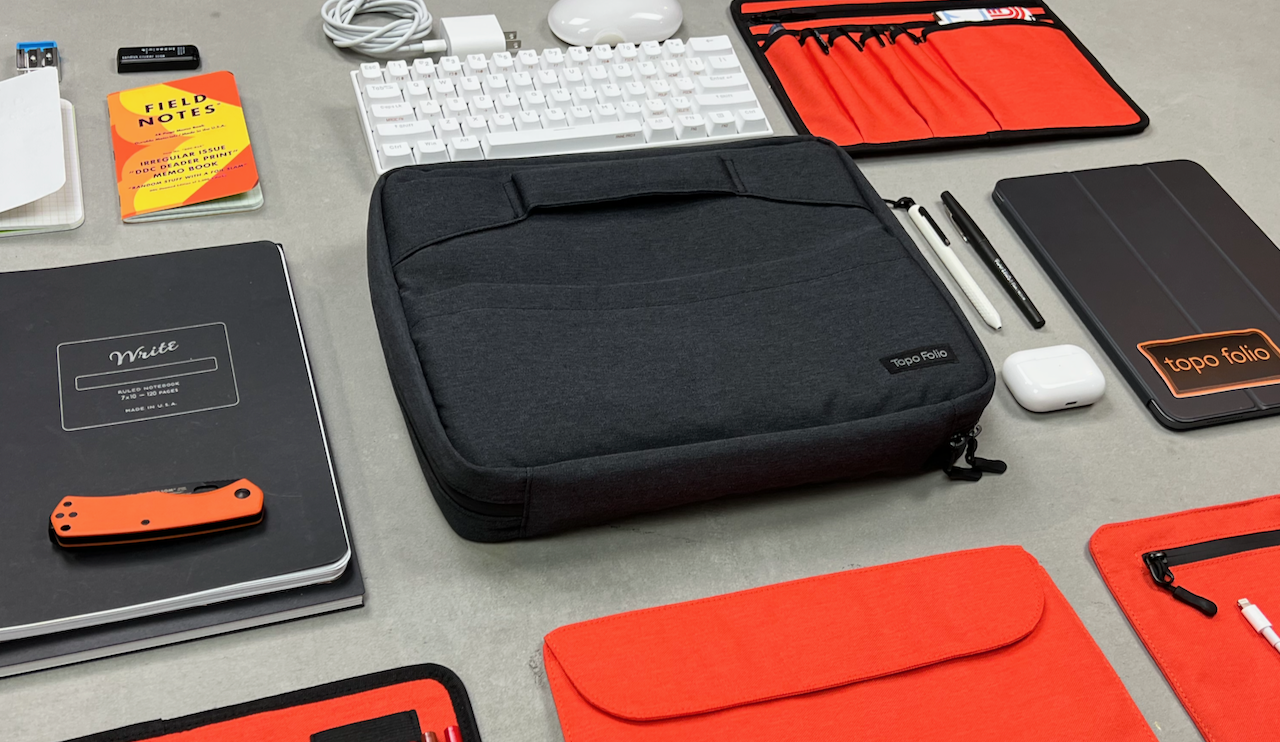Understanding why we feel unorganized and what we can do about correcting this feeling is the goal of Dr. Daniel Levitin’s new book, The Organized Mind. Dr. Levitin is the James McGill Professor of Psychology and Behavioral Neuroscience at McGill University, and is a best selling author. In this book, Dr. Levitin teaches us how the mind reacts to many difficult problems of modern life, and explains ways of thinking to help gain perspective. One of his key points that he comes back to again and again is using brain extension tools, but he doesn’t go deep into which ones to use. After reading this book I hope to show how an analog tool like a notebook can help solve the many example problems Dr. Levitin addresses.
“Writing things down conserves the mental energy expended in worrying that you might forget something and in trying not to forget it. The neuroscience of it is that the mind-wandering network is competing with the central executive, and in such a battle, the mind-wandering default mode network usually wins.”
I don’t believe that a notebook is perfect for everything such as calendar entries, team collaboration, and other items that involve more that one individual, but for brain-dumps, mind mapping, task tracking, blog entry planning and other personal work, the notebook is an easy choice. It can be very portable if we use pocket size notebooks, it is a highly acceptable means of taking notes in any circumstance (as opposed to typing in a one on one meeting), and is very reliable. By relaxing our brain to focus on one task, and not needing to worry about all the other things we should be doing, we can accomplish more in less time.
My task list in a Leuchtturm1917 Notebook.
Multi-tasking is the enemy of a focused attentional system:
“We can’t truly think about or attend to all these things at once, so our brains flit from one to the other, each time with a neurobiological switching cost.”
If you are mentally tired at the end of a busy work day, this could be the culprit, especially if you are asked questions throughout the day, complete many different small tasks, and get distracted while trying to focus on one thing. The switching literally burns more calories when having to switch back and forth, and more importantly it uses up glucose, the sugar our brains need to make decisions. If you waste energy trying to remember multiple things, and cannot focus on one task, Dr. Levitin believes you will end up more tired than if you could get your thoughts out of your head to be actioned at the appropriate time.
When working on getting the things in your life organized,
“It practices putting together conceptually similar objects, putting together functionally associated objects, and all the while maintaining cognitively flexible categories.”
Much like you organize files on your computer, you can organize your notebook into useful categories the same way our mind works. Dr. Levitin references how organized a hardware store is and that it follows how we as humans, organize our thoughts into categories. The goal with these organization systems is to “provide maximum information with the least cognitive effort.” Otherwise, we ditch the system and go back to trying to remember important dates, ideas and to-do’s. Remember this, the mind is only capable of remembering about 4-7 things at a time. If you don’t offload the important ones, they are gone until either you recall them, or they come back to bite you.
“Flow states don’t occur for just any old task or activity. They can occur only when one is deeply focused on the task, when the task requires intense concentration and commitment, contains clear goals, provides immediate feedback, and is perfectly matched to one’s skill level.”
If you work in a corporate job you may have noticed that more managers are encouraging employees to take blocks of time and turn off distractions. This is the application of an old idea called the Pomodoro Technique, which is simply setting aside a short amount of time to concentrate on a task. This can be as simple as extending the time intervals that your email arrives, or as far as going into a space you have created to intentionally block out the rest of the world. To set this time aside however, you need to have a system to keep track of unrelated to-do items that come to you so you don’t worry about forgetting them. A notebook is great as it does not allow you to check email, texts, or Facebook at the same time you are trying to write down your thoughts.
If you are looking for a good notebook to help get organized, I wrote a post last month with ten of the best options out there.
Finally, I highly recommend 'The Organized Mind' as a great way to consider how to approach organizing the chaos in your daily life. You can find the book on Amazon here.








